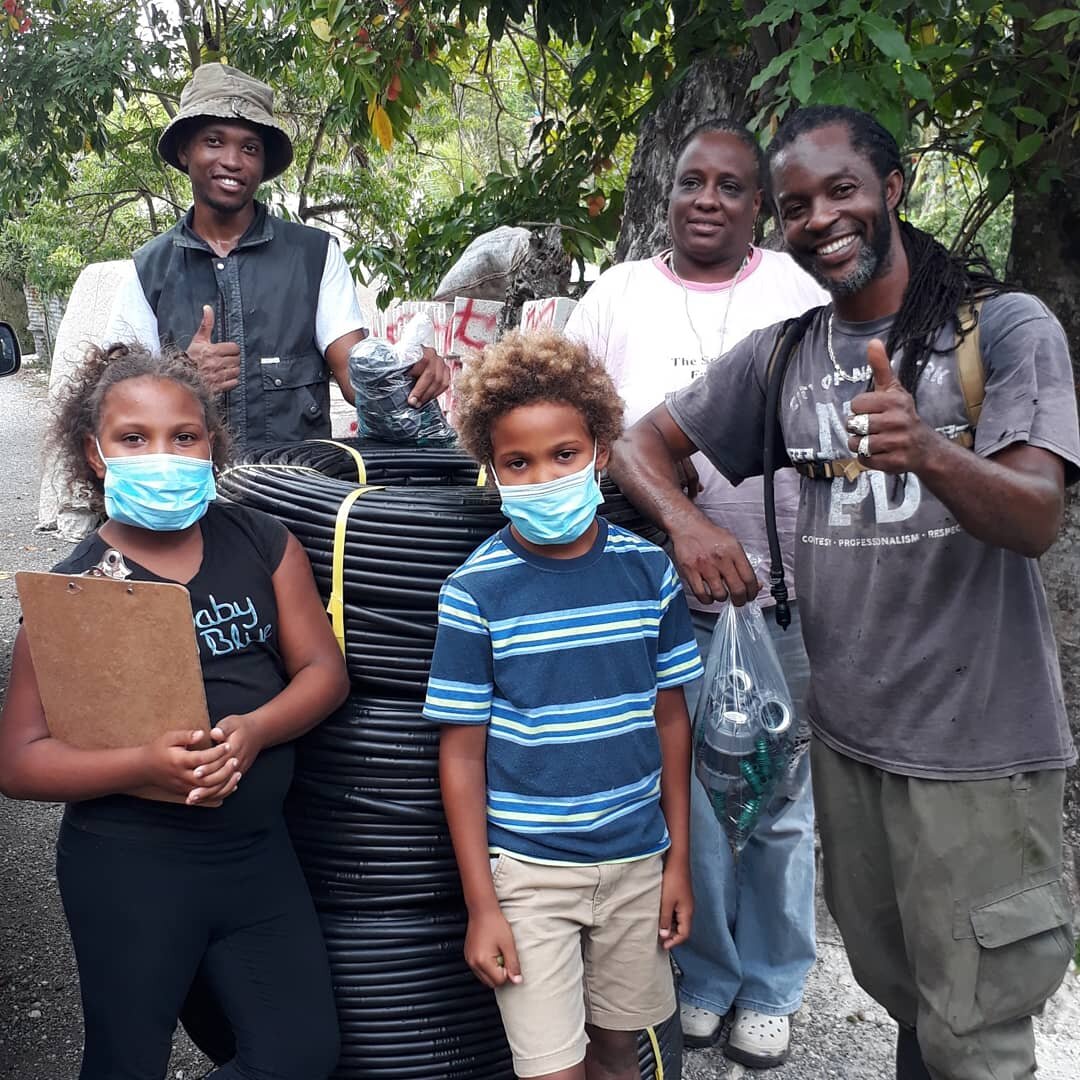In these uncertain times, when what we know to be “normal” is being overturned before our very eyes, many individuals are overwhelmed with fear, anxiety, and paranoia. COVID-19 has triggered stress and fear among the very young to the very old. The impact of the stressors go beyond the physical body; it also affects our mind and spirit. According to Dr. Wehry from Dementia Action Alliance, stress caused by the COVID-19 pandemic, can “set off a cascade of reactions in our body…like releasing cortisol which get us ready to flee or flight.” She suggest that this can heighten our awareness, focusing our attention, resulting in a burst of adrenalized energy, which can be beneficial in the short term, but in the long run, takes a toll on our health (Wehry, 2020). So, how do we cope with the stressors that come with this pandemic? I suggest focusing on the things you do have control of.
It does not make sense worrying about the “what ifs.” The most important question now is, “what do I have now, in front of me?” If you are following the advice of the health officials and governmental agencies (including the Ministry of Health, World Health Organizations, or Center for Disease Control), then it means you are at home, in an environment with few individuals, or if out, trying your best to practice social-distancing. If home, set a limit on the amount of time spent on web-based information (i.e., WhatsApp, Facebook, etc.) or television about COVID-19. I am not suggesting that you not stay informed. But, information overload, especially ones not factual (e.g. some shared by individuals on social media), can cause unnecessary anxiety and stress. If you need to, check in daily with information provided by governmental agencies via television, newspaper, etc., but limit the time spent on these.
Practice the safety measures recommended for person-centered-hygiene. In your homes, establish protocols to follow by family members when leaving and entering the home (e.g., having sprays with 60% alcohol, wipes, or hand sanitizers to use upon entering home; or changing clothing worn outdoors immediately upon entering home). Other ideas can include teaching children how to limit touching their faces, eyes, or putting their hands in their mouths. Clean surfaces (especially in the bathroom, kitchen, door knobs, and computer/laptop keys) used regularly, and of course, wash hands often for at least 20 seconds several times a day. With most of us still being obligated to work online, it is important to monitor the amount of time spent sitting in front of the computer, and/or desk. At least every 15 to 20 minutes, force yourself (set a timer) to get up and walk around, stretch, etc. This will allow proper circulation of the blood in the legs, and will take the strain off the lower spine. This is a good time to hydrate the body with water. I recommend drinking Alkaline-based water. Simply adding lemon to your tap water or purified water will make the water Alkaline.
What we put in our bodies have a lot to do with our management of stress. As said in the previous paragraph, keeping the body hydrated is most important. However, eating certain foods will also help with boosting our immune system. Eating fruits, leafy green vegetables and other Omega rich foods daily is highly recommended. It is also recommended to take a Multivitamins, including Vitamin C, B, and D3. Health officials are recommending that we try to have at least two-weeks of shelf foods and drinking water in the home. I know this has caused some anxiety for families who are challenged socio-economically. You can only do the best you can. For those of you who have access to fruits and vegetables growing on the property, take advantage of this. Share with others in the neighborhood, especially with older persons living alone with multiple chronic conditions (such as diabetes, hypertension, etc.).
Rest is also important for dealing with stress and boosting our immune system. The amount of sleep recommended for most adults is 7 to 9 hours. In general, older adults will sleep an average of 7 to 8 hours, while it is recommended that children (6 to 17 years) should rest 8 to 11 hours. Getting enough sleep will boost your immune system and help decrease the chances of getting sick. It is during sleep that the body is able to repair, grow tissues, build bones and muscles, and strengthens the immune system (WebMD Medical Reference, 2018).
Many of us are also questioning the meaning of this pandemic from a religious and spiritual perspective. In several in-person and online discussions, persons are asking why now? As humans, what have we done to warrant such aggressive ‘punishment’ from God/the Creator? Why is God/the Creator allowing this to happen? We may not have the answers to these questions. But, what I personally know, is that this time is allowing human beings to “reset” to start “a new” to “refocus.” Many of us who are in-tuned with Mother Nature and have a regular spiritual practice had an innate sense of knowing that this time was coming. We may not have been shown the specifics of how it would appear, but we innately knew there was going to be a major shift in our perspectives and ways of being. I recall just a month and a half ago, participating in a 21-Days Abundance movement initiated by Deepak Chopra. It pushed all who participated, and actually did the work, to shift our way of thinking about life and viewing each day as a gift of opportunities. This movement had a domino effect with new Abundance groups being created daily, weekly. It really was timely, and in some sense, prepared individuals to have a deeper understanding about our existence as it relates to each other, the Universe, and all forms.
I mention Deepak because, having a practice of meditation is paramount at this time. Research studies have demonstrated that daily meditation is beneficial because “it alters the brain’s neural pathways” (WebMD, 2020). This makes us more resilient to stressors. Being in a meditative state can simply be in the form of taking a walk around your home, or in your neighborhood, or by a lake, stream or any body of water. Waking daily just before daylight, watching the sun as it rises, and being grateful that you are among the healthy. Engage in leisure activities with members in the household such as board games, making crafts, baking, planting, etc. These simple examples can be done alone or with family members and create a spiritual bonding between members. For those who are religious, you know the saying “a family that prays together, stays together.” This is a perfect opportunity to initiate a routine time for prayers together as a family.
Finally, I believe, globally, we are being forced to meditate and pray individually and communally! In the past two decades, we have been so driven by money and greed, the drive for wealth, and the accumulation of ‘things’ that we have moved away from the practice of prayer, universal love, and compassion for others. Let us all pray universally for all the families affected by COVID-19, especially those who have lost loved one. Let’s also pray that this time next year, this thing will be behind us, and that we will be in a better place physically, spiritually and emotionally.
Dr. Sharon McKenzie (Source Farm Volunteer)

